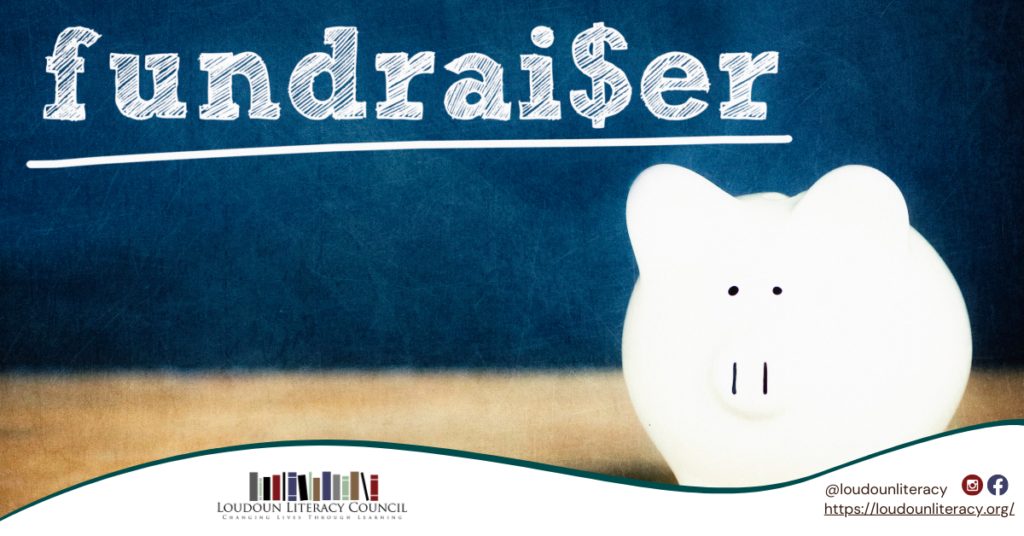A child’s face lights up with excitement and happiness when someone tells them a story. It brings them to another dimension enclosed in a book. Reading is a means of developing their imagination and creativity at an early age. This is why it is highly recommended to bring in volunteers across the country to read books to children.
If you are a parent who wants to get more involved in your child’s education or you just like spending time with children, volunteering to help them learn to read is a great way to do both.
Literacy volunteers engage children in elementary school to help get them to read more. They can read books, listen to kids read out loud, or give books to kids at school.
This initiative allows the children to engage in reading to a small group or a whole class. It eventually builds their skill to speak in a crowd too. Having volunteers help children in boosting their reading and listening skills. They can even donate to children at school.
When reading, volunteers spend time with new readers. They give them support as they learn to read step-by-step. Having help from someone can help a child stay interested in reading and listening. Children may be quite difficult to teach at this age but it takes time and patience to help them develop this skill.
At Loudoun Literacy Council, we work hard to help children and adults improve their communication and literacy skills. This enables them to engage more successfully with others and form healthy relationships.
How Can We Improve Literacy Development?
Children learn to read and write in literacy classes so they can express themselves clearly, understand what they read and write, and develop their communication skills. As a teacher, it is your responsibility to create a reading action plan that will help them prepare for school.
The stages a child goes through as they know to read and write depend on how well the child understands what is being said, but the same fundamental ideas are usually taught at each stage. Teachers and students will do better in the classroom if they know how literacy develops and how to deal with each step.
Educators need to know why learning to read and write is so important if they want to help kids at each stage of their early literacy development.
Here are a few reasons why learning to read and write early on is essential:
- Children who are sure of their reading skills tend to have less trouble in school and a more positive learning attitude.
- Strong literacy skills help people learn on their own and help them keep growing in and out of the classroom.
- Literacy development affects how students talk to each other and figure out how to solve problems. People who are good at reading and writing tend to be more competent overall.
- Students are more likely to do well in school if they know how to read and write. When you read more, you learn more. Some of what you read in your textbooks will be things you’ve already read about in other books.
- Learn how to take on new problems. As new issues arise, people with good reading and writing skills are more likely to research and read about how to solve them.
- People respect people who know what is being asked or talked about them. Reading and writing give you a chance to be heard. The more you know, the more you will be able to say in your community and work.
- The more you know, the further you’ll get in life. Colleges and universities look for people who have grown the most in their studies and minds. Academic achievements and membership in extracurricular organizations demonstrate your breadth of interests and involvement in extracurricular activities when submitting a college application. When staff read the essay part of your application, they can often tell if you know your facts.
How Can We Improve Reading Interest Among the Community?
According to some, the internet has changed the way people read and learn. In poor regions of the United States, electricity and the internet are still considered luxuries. Not all have access to technological resources.
However, the question remains whether people in these regions are not interested in reading or do not have access to books. We must look at the fundamental factors that may influence a person’s desire to read in impoverished areas of the United States.
-
Public Libraries
When we talk about access to books, it’s clear that many people in poor regions can’t buy books from a store because they don’t have enough money or can’t get to stores. The same goes for having no access to digital books found online. They may come free at times but not all have the capability to purchase a device.
So, the best way to get people to read more is to let them borrow books from the library. But the next problem is that there aren’t enough libraries and books. Especially in poor areas, there aren’t enough schools and public libraries, and the ones there are often in bad shape.
-
Volunteer Opportunities
There aren’t many places to support the growth of a reading culture., Many literacy activists and communities have come up with a more practical and affordable way to get more people in different parts of the United States interested in reading.
In the last few years, they have started to offer more reading corners and mobile libraries that reach out to people in poor neighborhoods. Both the people in the community and the government had good things to say about these projects.
-
Literacy-Focused Organizations
Loudoun Literacy is a group that works to improve education in poor areas of Virginia, USA. We want to ensure that the kids in our project area have everything they need to start reading.
It’s great to see how libraries have become children’s favorite places to spend their free time. They seem to become more interested in books over time, and adults sometimes visit children and read books with them.
It’s exciting to see this happening on an island where 14% of the population cannot read or write. In the long run, we hope these libraries will become places where people of all ages can come together to read, learn and explore different kinds of books and other reading materials.
Who Can Be a Loudoun Literacy Council Volunteer?
Almost anyone who can read can help people learn to read. Some examples of people who volunteer to read are high school students, college students, parents, grandparents, people in the military, and police officers.
To be a good reading volunteer, you only need to be able to read and want to spend time getting kids excited about reading. The tone is important too. This will help them gain interest in the subject of the reading. An essential safety background check is also something that many programs and schools ask volunteers to pass to ensure their safety.
Most of the time, you don’t need to do much outside work to get ready for these jobs. Volunteers include high school students who want community service hours, working parents who like spending time with their kids, and even grandparents who want to help the schools in their area.
There are many different programs available in other places. Most of the time, there is only one short training session, and the volunteer spends up to an hour with a child once a week.
The small amount of time each week can make it easy for busy people with regular schedules to do volunteer opportunities in Loudoun. Volunteer reading programs work best when the volunteer reader gets to know the kids and makes it a habit to read to them.
Volunteering initiatives in schools can help people in the community in many ways, from making new friends to adding skills that will benefit their future.
Volunteers who read to young children also enjoy their time with them. Many volunteers have heartwarming stories to tell about the kids they read to. They know that they are helping kids learn in a way that has been shown to work.
In What Way Can You Help with the Literacy Problem of the Community?
You often take reading and writing for granted, but millions of people worldwide don’t have these basic skills.
Accepting that you can’t know what it’s like not to have this right is essential if you want to work for better literacy around the world responsibly. But while you should be grateful that you can read and write, it’s also important to listen to the stories of people who can’t. People who can’t read or write are often called to lack intelligence, but it’s important to bust this myth and realize that people who have experienced a problem firsthand often know how to solve it best.
Statistics show that many people already on the outside have high illiteracy rates. This includes women, people with low incomes, and people who live in developing countries. Even though illiteracy has effects worldwide, some groups are more likely not to be able to read or write than others.
Even though this is not a complete list of organizations that help people learn to read and write, these nonprofits are working to solve the literacy crisis by helping people who are at risk.
Conclusion
Reading and writing can help you in all these areas, not to mention the fact that they are essential for personal growth. Literacy and being a volunteer are two activities that go together quite nicely.
Communities all over the US have reading programs, but the organizations that run the programs can be different.
Reading partner programs are often found in public elementary schools, public libraries, and community centers. The Loudoun Literacy Council‘s mission is to help adults and children learn English so they can be more independent and self-sufficient in their professional and personal lives.
If there isn’t a volunteer reading program in your area, you can let local schools, teachers, or librarians know that you want to help out in this way. Volunteering doesn’t always have to be through a set program.










Get Social